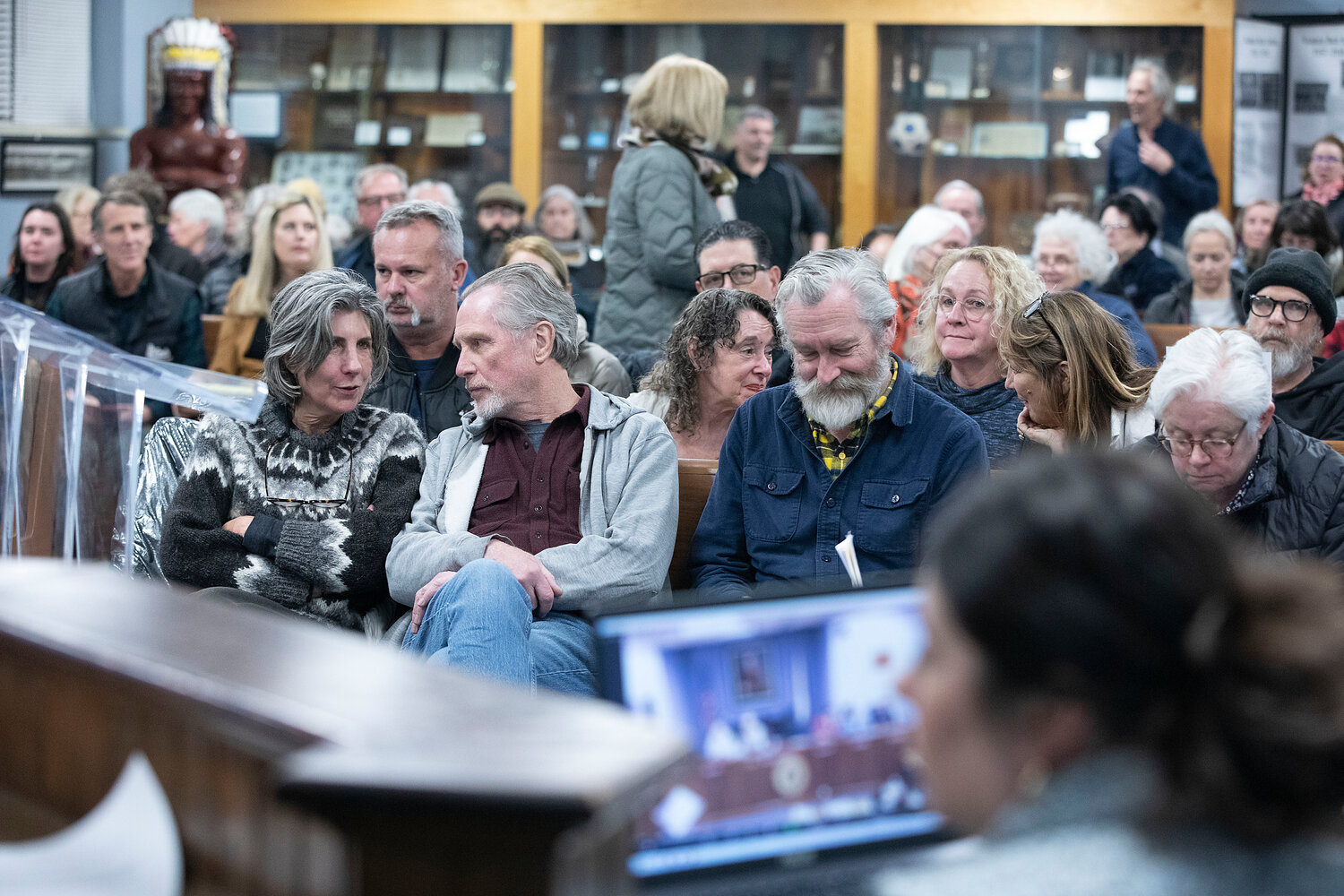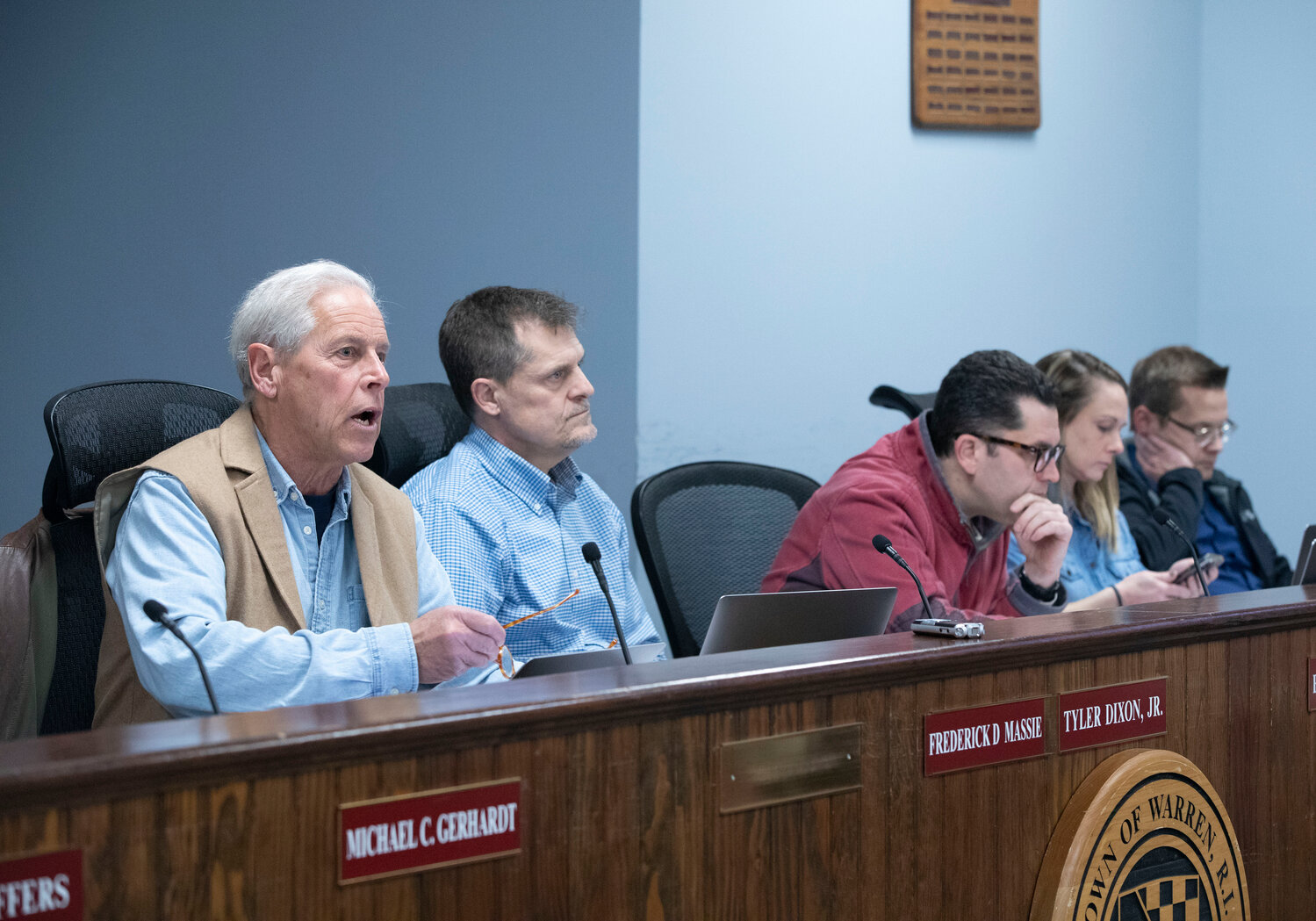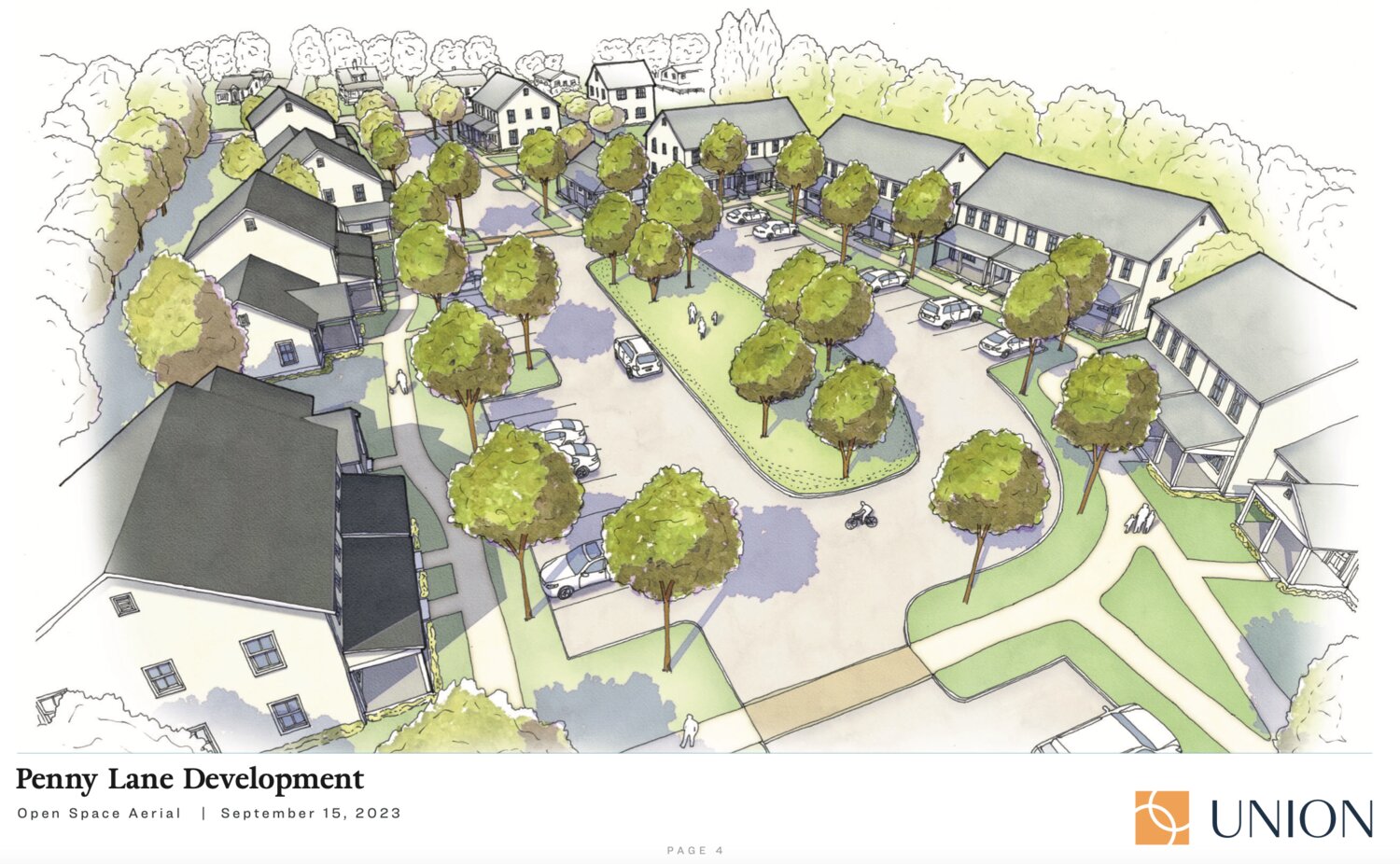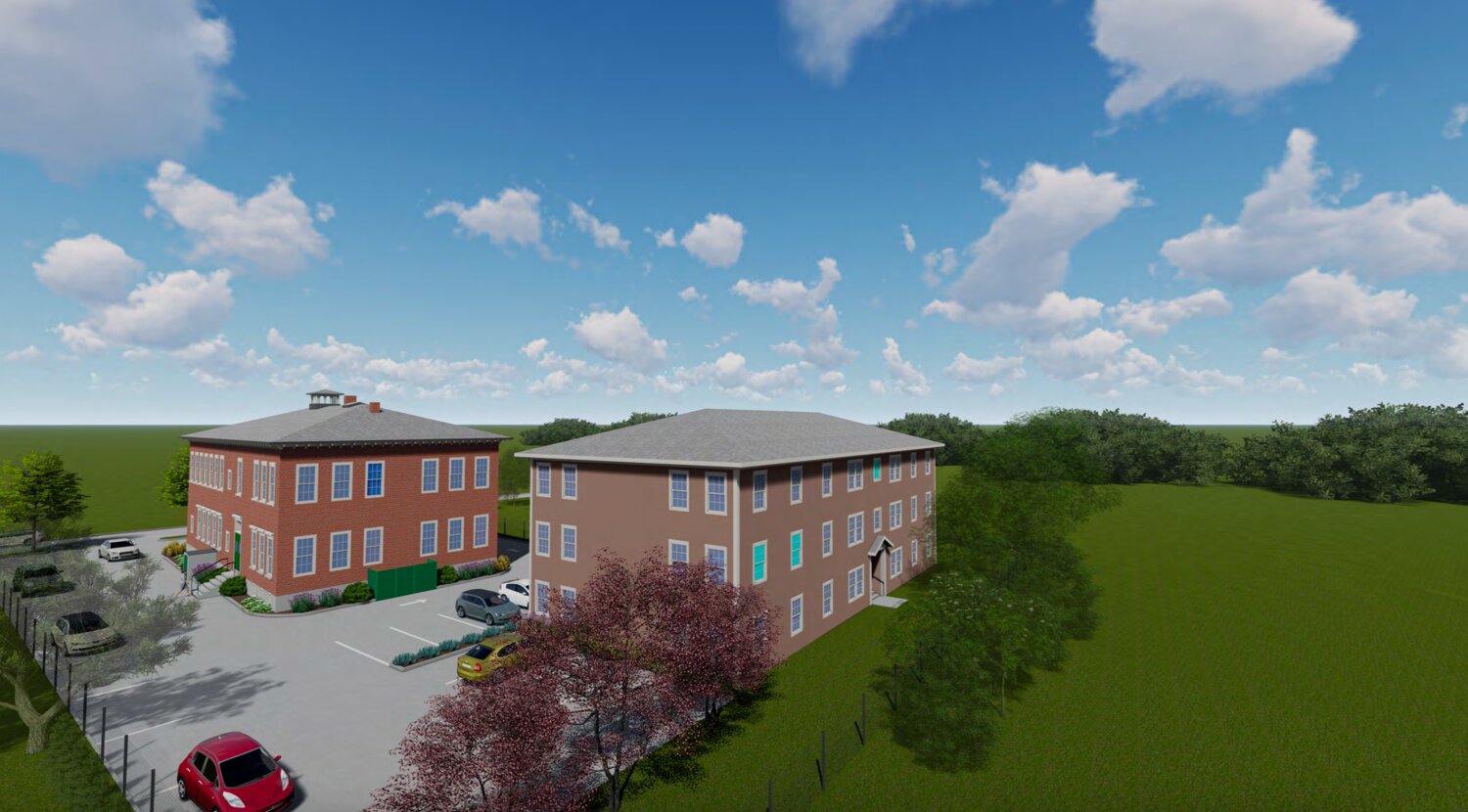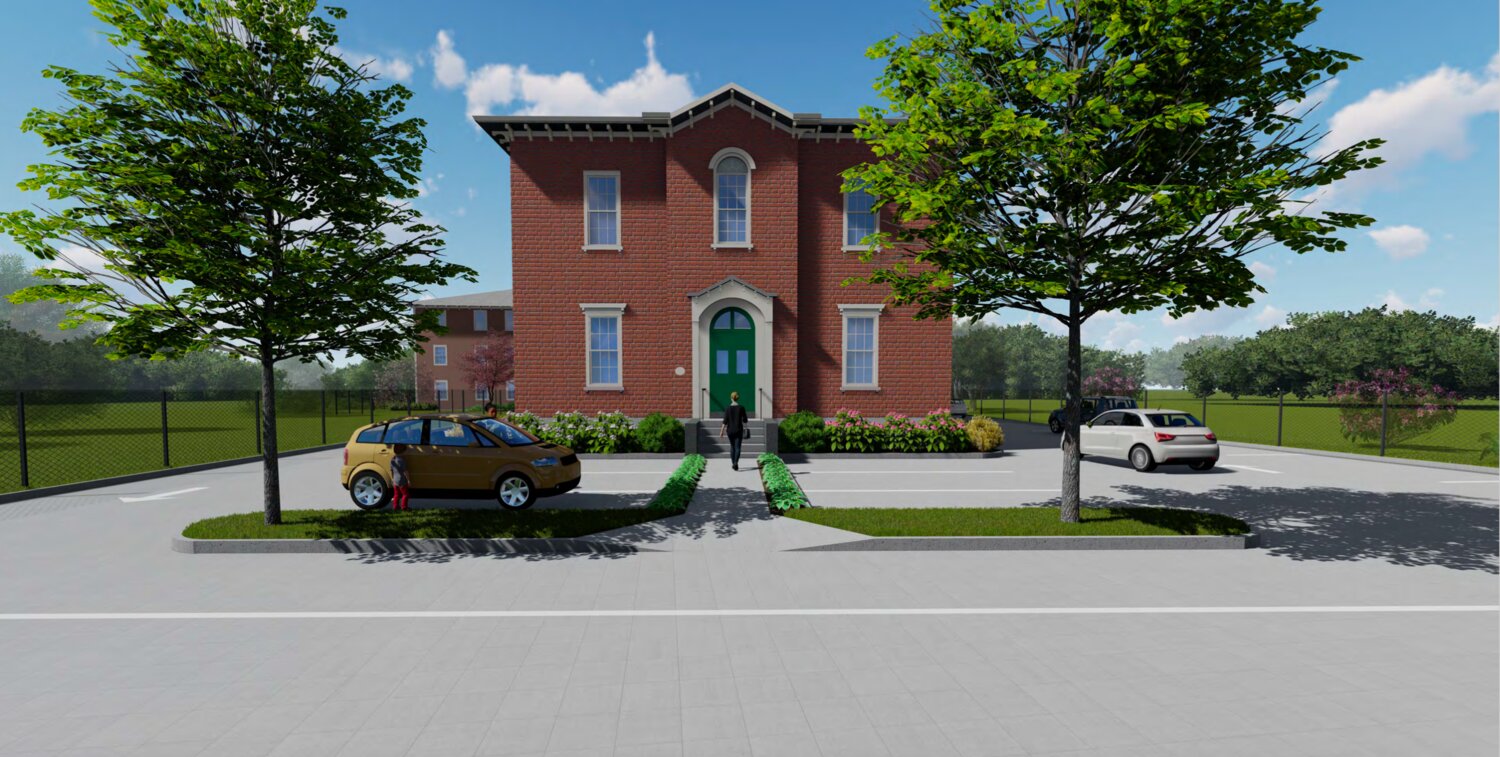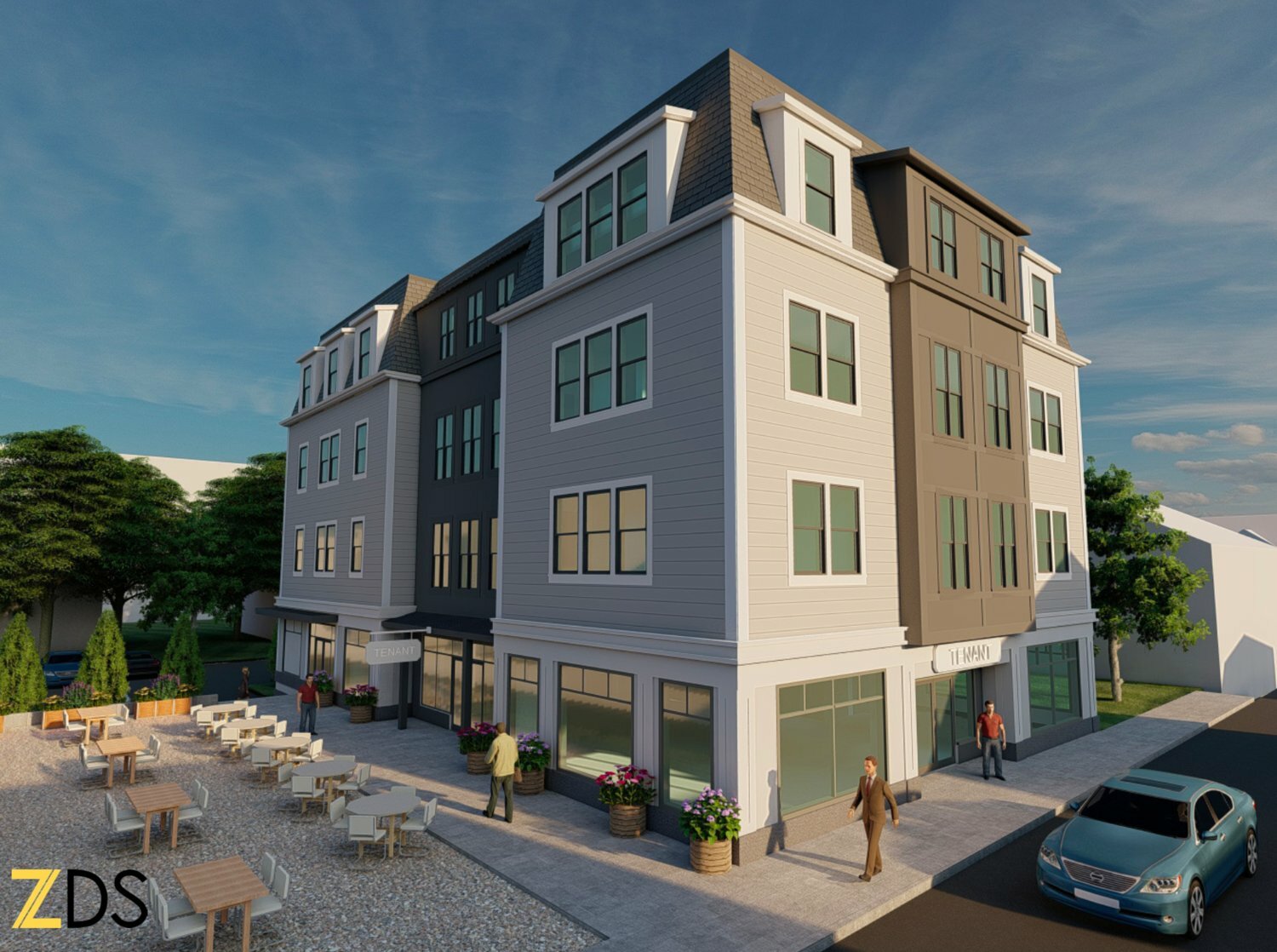Development will be a key issue in Warren in the New Year
As Warren looks to finalize its first update to its Comprehensive Plan since 2003, it does so amidst an environment where new housing developments will continue to be one of the top issues to watch in Town.
This item is available in full to subscribers.
Please log in to continue |
Register to post eventsIf you'd like to post an event to our calendar, you can create a free account by clicking here. Note that free accounts do not have access to our subscriber-only content. |
Day pass subscribers
Are you a day pass subscriber who needs to log in? Click here to continue.
Development will be a key issue in Warren in the New Year
By the time this piece is published, municipalities across Rhode Island will be operating in a new era of housing laws that were approved during the last session of the General Assembly.
That package of bills, introduced by Speaker K. Joseph Shekarchi, was passed with the expressed intent of cutting red tape for developers and facilitating an increased production of affordable housing in Rhode Island.
The bills, which we summarized in an analysis at the time they were introduced, include multiple approaches to that goal, from lessening the number of local approval processes a project would be subject to, to granting by-right zoning approval for housing developments in places that were priorly zoned for commercial or industrial uses, and expediting the process for the adaptive re-use of currently vacant properties; just to name a few.
How that slate of new legislation will actually pan out in terms of creating more truly affordable units throughout the state remains to be seen, but there is concern among some in Warren that the new laws — combined with the existing comprehensive permit process — will open the door for more developers to skirt local zoning ordinances in order to build projects out of character with the existing size and scope of neighborhoods locally, and provide little ability for the Town to resist.
“The comprehensive permit process is going to be front and center throughout the next year,” said Frederick Massie, Chairman of the Warren Planning Board, referencing to the process that allows developers more rights to build properties in places and to sizes they wouldn’t otherwise be allowed to, so long as they provide a minimum 25% of units to be sold at an affordable rate (as defined by federal income standards).
Massie has had a front-row seat to the kind of developments that came before a town under the comprehensive permit process in the past couple of years.
Two of those projects — one at the former Liberty Street School, and a proposal on Child Street for 40 affordably rental units from the East Bay Community Development Corporation — are on the planning board’s docket tonight at Town Hall.
But the proposal at 119 Water St., which was ultimately denied by the Planning Board in early 2023, was the canary in the coal mine for Massie.
That project sought to demolish two buildings within the historic district to construct a condo building that was seen by many in town to be out of character and scale with the surrounding area. The project called for nearly 10 variances from local zoning laws, including the amount of necessary parking and green space that would normally preclude such a development from even being considered for approval.
And even though that development originally called for a 17-unit building, where 15 of them would be listed at an affordable rate, by the time the Planning Board denied the project, it had shrunk down to a 12-unit building with the minimum (3 units) amount of affordable units required to still qualify as a comprehensive permit project; with the developer’s legal team making the argument that to shrink the size of the project would be so financially devastating, the reduction in affordable units was necessary.
Massie said that the 119 Water St. project was a textbook example of how the comprehensive permit actually functions when put to use; resulting in unpopular projects located in less than ideal places that pits residents against planning boards and planning boards against developers (as they are mandated by law to act as the sole governing board for such projects), all of which results in no meaningful increase to realistically affordable housing anyways.
“The reality is [the legislature] has opened the door to development that would not otherwise be allowed at the expense of truly increasing affordable housing,” he said. “This kind of process encourages developers to go for as much as they possibly can. And the problem with that is it creates the kind of tension and emotional havoc that we’ve been seeing.”
A new Comprehensive Plan is paramount
When the project at 119 Water St. was denied by a split, 4-3 vote, the slim majority of the Planning Board argued that the developer had not done enough work to prove it was necessary to demolish the two aforementioned buildings rather than restore them, and that doing so would be in conflict with the Town’s Comprehensive Plan.
There is a thorny legal issue with that stance, however. The Town’s Comprehensive Plan — a sprawling document crafted and regularly updated by each municipality to guide how and where development shall occur — has not been updated since 2003. It is supposed to be updated every 10 years.
Moving into 2024, Warren’s newest version of their Comprehensive Plan is finally moving towards the finish line after many months of lengthy discussions among the planning board going over each of the voluminous sections of the plan; from how the town should steward its natural resources and open space, to managing its available land, fostering continued economic growth and, of course, how it will facilitate the creation of more housing.
“The good news is this year will be the year of the Warren Comprehensive Plan getting approved,” Massie said with a laugh. “But only after careful review by people who are interested in and want to sink their teeth about what are we talking about for this town.”
Town Planner, Herb Durfee III, said in a recent interview that eight of the nine elements of the plan have already gone before the state for a preliminary review process. Only the housing element remains to be finalized and sent away for review.
Once they get all elements back from the state, the planning board and their consultant, Alison Ring, will go over the whole plan again before bringing it to a joint hearing of planning board the Warren Town Council, where a public input process will begin to gain insight from residents.
“I would hope the joint meeting of the planning board and Council could occur in late winter early spring – but, that will be subject to how long the State takes to finish is preliminary reviews and how long it will take the Town's consultant to prepare the plan thereafter,” Durfee said.
After a public hearing process and an approval from the Town Council, the plan needs to go back for a final confirmation from the state. At that point, Warren will have sharpened teeth to arguments against developments that intrude on local zoning or go against the expressed wishes of the Comprehensive Plan.
“Just having an updated plan is the most important aspect for the Town,” said Durfee.
Developments coming in 2024?
Asked what developments he was anticipating coming in the New Year in addition to Liberty Street and Child Street, Durfee mentioned a couple.
“75 Croade St. Comprehensive Permit should soon be coming back in the door for Master Plan review,” he wrote. “Also, I've heard a rumor that Settler's Green may be coming in the door after the turn of the calendar year.”
Settler’s Green was a proposal south of Frerich’s Farm that included the construction of 12 single family homes and 108 apartment units, requiring more than a dozen waivers to zoning variances in the process. It was denied by the Planning Board in February of 2021.

